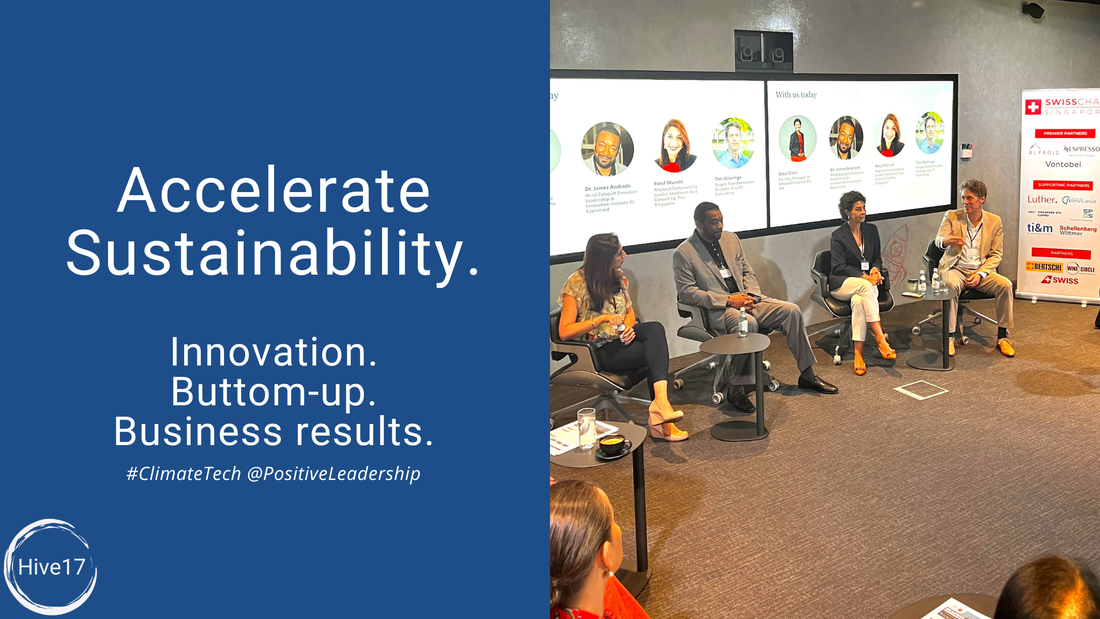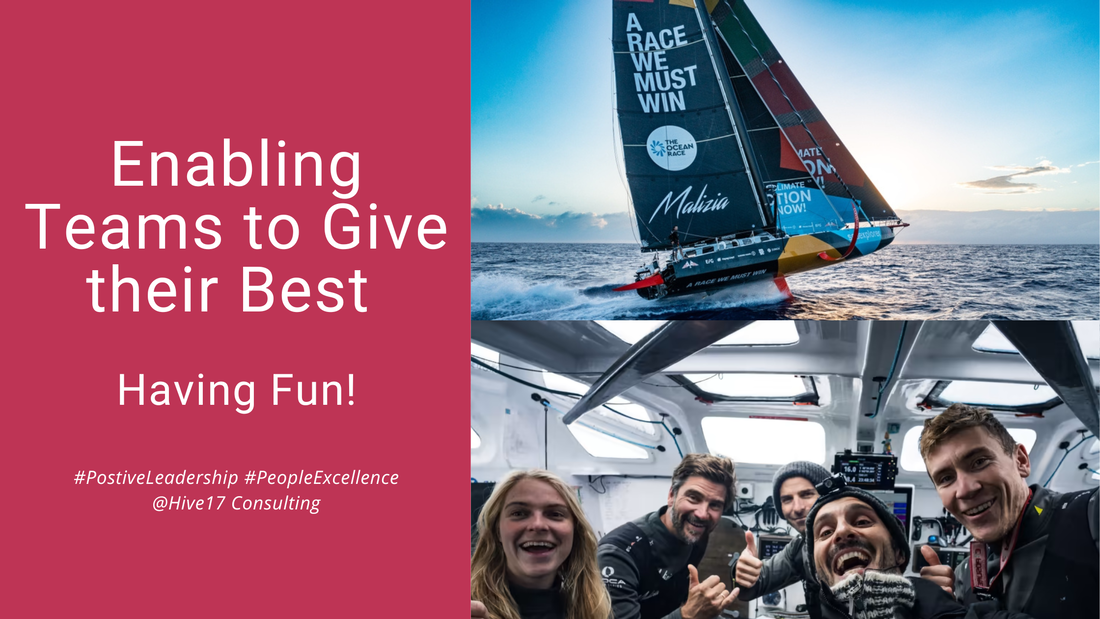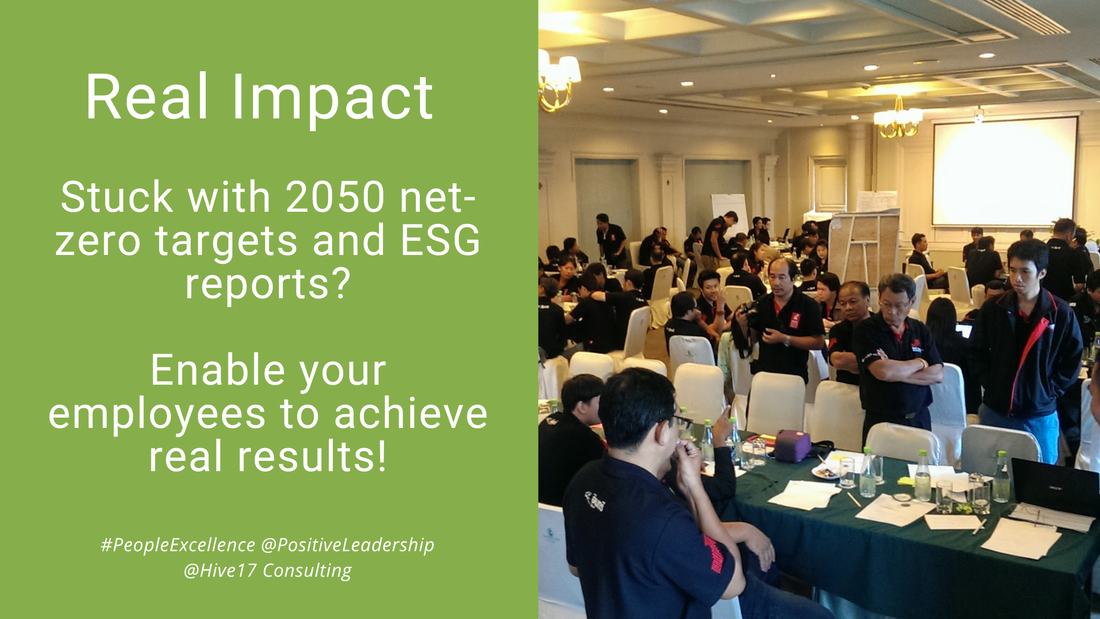|
In my role as co-chairs of the SwissCham Climate Tech subcommittee, I had the honour to host a CSO Roundtable. We brought together industry leaders in Singapore to share their experience about how we can accelerate our sustainability journeys based on mindset shifts and organisational structures. With a new format that brought the panel very close to a small audience, all people in the room engaged in an open interaction on how organisations can work towards net zero targets.
Three major topics emerged:
Sustainability is admittedly a complex and multi-faceted topic; from small technical solutions to an ecosystem approach, on all levels the drive for sustainability adds complexity. The topic might be less daunting if we understand ESG as one single topic, instead of having separate approaches for E, S and G. And the major driving force is looking at it with a problem-solving lens. Looking at sustainability as the long-term business opportunity as in operational efficiency, market growth, and talent attraction. When we look at the broad population in most organisation, the majority of front-line and middle management employees are full of ideas how we can do good; they have the insight, understand the barriers, and have the passion to find a solution. Unleashing this potential means that we need to create platforms that enable these people to become ambassadors, gather like-minded people around them, and develop autonomy in identifying solutions. It is as simple as removing the barriers of creating internal movements. In this context, it has been mentioned that the senior- and top-management levels are often hindering these efforts, killing the energy by demanding short-term financial results. Here, efforts are necessary to convince our leaders to understand sustainability as a business opportunity. Focus on that future business reward and the money will flow automatically. All three topics are major transformations - we are embarking on journeys that change people's minds, develop new cultures and aspire to bring more humanity in our ecosystem. The result can only be good! What is your first step to action?
0 Comments
Many of you know that I am a self-declared 'positivist' - a person with a strong belief that when we look at things from the bright side, we will deliver better results, be more creative, and have more energy - enabling teams to give their best! And while following another passion of mine - sailing - I found another proof that I am on the right path "Does it ever go too far, where you said, we had a bit too much fun there?" - "No, never too much fun!" Team Malizia of the Ocean Race has been recognised as The Team that is always in a good mood and seems to having a blast in their boat in the middle of the ocean. Here is one of their team mates sharing her experience: In a nutshell:
Hive17 Consulting is running change facilitation programs that enable teams and organisations to create a work environment that enables everyone to give their best. More about Team Malizia - Ocean Race Yes, in the last months we have achieved a lot. The majority of companies have defined sustainability targets and they are concerned about creating their ESG report. Though, we also need to be honest with ourselves: this is only talk and we need action - a lot of action - to reach global success in turning around climate change!
“57% of CEOs identify unclear ROI and economic benefits as a leading challenge.” Many companies have set ambitions net-zero targets which they want to reach in the next decades. And yes, many companies have scrambled together a team that is identifying opportunities to create impact. Is this enough? In my experience, if you want to reach ambitious energy saving targets, you need to mobilise the masses. And in the context of sustainability, your own employees are not enough; you need to engage your customers, suppliers, your community and a wide range of other stakeholders in your ecosystem. A daunting task. One principle in change management: let's break down that overwhelming initiative in small, first steps - at the start, we want to create momentum. How can we achieve this? In our practice, we call this Vision-to-Action and the objective is to propagate the high-level, strategic targets into actions for everyone in the organisation. We are using the concept of objectives and key results (OKRs) in this process and ensure that on each level, we encourage a bottom-up approach to translate the higher level OKRs to their own specific scope. Building ownership and excitement. For example on a regional management level, we can achieve alignment on the concrete results we want to achieve in the next three months while keeping an eye on the long-term vision and targets. And in parallel, we have organised large-scale workshops to enable the front-line employees to identify their contribution to the creating impact. This also creates a fabulous energy and drive. How are you creating real, large-scale impact in your organisation? Source: CEO Study: Own your impact, IBM, May 2022 |
Subscribe
Receive our monthly themed summaries of our thoughts: click! TimTim is a change practitioner in the area of innovation and excellence. He is working with teams to accelerate innovation, collaboration and agility. Categories
All
Archives
July 2024
|




 RSS Feed
RSS Feed